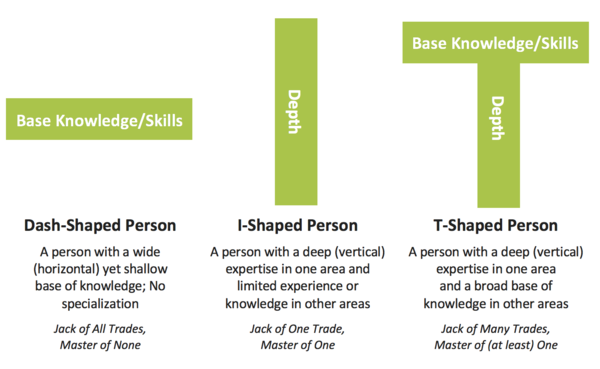On September 20, KAIST’s Korea Policy Center for the Fourth Industrial Revolution (KPC4IR) hosted a seminar by Professor Goh Puay Guan of the National University of Singapore (NUS) Business School, titled “Reskilling, Upskilling, and Innovation in the Digital Age: Perspectives from Singapore.” Professor Guan has degrees in engineering, management, and economics and more than two decades of experience in supply chains, planning, and investment. He has won several awards and is also the author of a book on supply chain management. The seminar was led by Dr. Cornelius Kalenzi, a postdoctoral researcher at KPC4IR, and Professor So Young Kim, the director of KPC4IR.
The seminar had two major themes: the first part focused on reskilling (training workers to take on a different job) and upskilling (teaching workers more advanced and specialized skills), and the second part focused on the policy changes needed to foster innovation and digitization. In both themes, Professor Guan listed the problems we face as we move into an era of rapidly increasing digitization and automation and shared Singapore’s plans and experience with handling these issues.

Reskilling and upskilling are responses to the lowered value of human skills and experience as automated machines and processes are performing increasingly better. For instance, in the past, cab drivers in London needed extensive knowledge of hundreds of locations in order to do their job well. (In fact, they needed to memorize the location of more than 25,000 streets to get their license.) Today, a cheap and compact GPS has eliminated the need and value of such knowledge. As automation advances into more specialized tasks and jobs such as playing computer games or AI-generated social media influencers and news presenters, people must gain more specialized or even entirely different skills to remain employable. Professor Guan emphasized that to facilitate reskilling and upskilling, we need to foster people with both specialized skills as well as a broad base of general knowledge, termed “T-shaped” individuals.
Taking Singapore as an example, Professor Guan explained that three major parts of the economy have been identified for skill-upgrading: the digital economy (enterprises connected to technological and scientific progress), the green economy (enterprises that are restructuring and shifting from environmentally harmful businesses to greener ones), and the care economy (enterprises based on looking after an aging population amidst evolving demands for care and the future of work and learning). He also highlighted the role of NUS as the heart of continuing education. Its approach aims to foster deep-skilling by introducing credit-bearing postgraduate programs for specialized knowledge, as well as broad-skilling through profession certificates and short courses where students can gain knowledge of different fields. Multiple faculties of NUS came together to design these courses and ensure that there was sufficient breadth, depth, and opportunities for students to apply the acquired skills.
Professor Guan also presented strategies to encourage innovation and digitalization. Such strategies require a whole ecosystem of strong cooperation among governments, universities, and investors to ensure that entrepreneurs are successful. Singapore implements these goals using a six-stage ecosystem: university incubators and seed funding, angel investors, venture capital funds, venture incubators and accelerators, corporate innovation sandbox, and government accelerators and funding. He stressed the interdependence of technology, management, and finance; interdisciplinary roles are becoming ever more important to becoming future-safe since they are more immune to automation.
In addition to these larger-scale strategies, Professor Guan identified being open to new ideas and experimenting continuously, gathering talented people with strong technical and management experience, and networking as critical factors for successful entrepreneurship. He suggested that despite the disruption it causes to current jobs, automation may give an advantage to smaller companies by not having to hire a lot of people to stay competitive. Lastly, he explained that we need to keep track of the constantly changing nature of work resulting from automation and the growing popularity of remote or hybrid work to prepare and respond to it. These innovation strategies can play a critical role in making national economies significantly more robust to automation and other future challenges.

